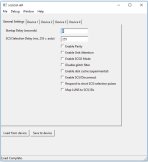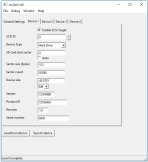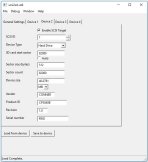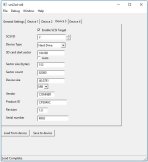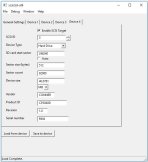 |
W E L C O M E | Version 3.00C |
SCSI 2 Secure Digital Card |
||
The standard equipment Hard Drives were:
Drive |
Capacity |
Tracks |
Heads |
Sec/Track |
Blocks |
| Rodime RO652-20 | 20MB |
306 |
4 |
34 |
41616 |
| Seagate ST225N | 20MB |
615 |
4 |
17 |
41721 |
| Seagate ST125N | 20MB |
407 |
4 |
26 |
41921 |
| Miniscribe 8425S-30 | 20MB |
41004 |
|||
| Conner CP3020 | 20MB |
623 |
2 |
33 |
41118 |
| Seagate ST225NP | 20MB |
615 |
4 |
17 |
41720 |
| Conner CP3040 | 40MB |
1026 |
2 |
40 |
82080 |
A fully populated card was required. If only half populated, its functionality was limited to just floppy drives.
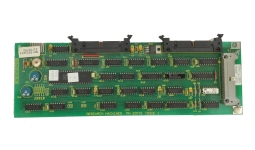
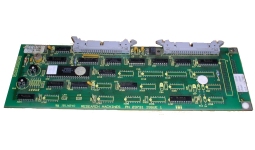
For information on upgrading the card to full Winchester support please click here
Other examples of the controller boards are as follows:
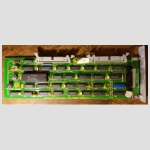
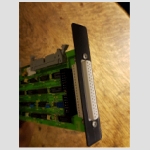
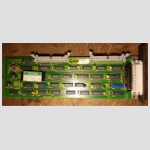
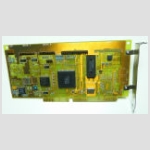
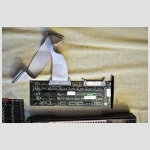
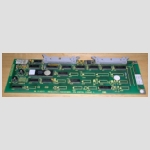
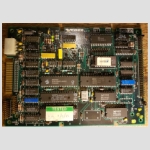
SCSI 1 hard drives are now difficult to get hold of and fragile.
Technology now exists to impersonate a SCSI 1 Hard Drive via a controller and SD card:
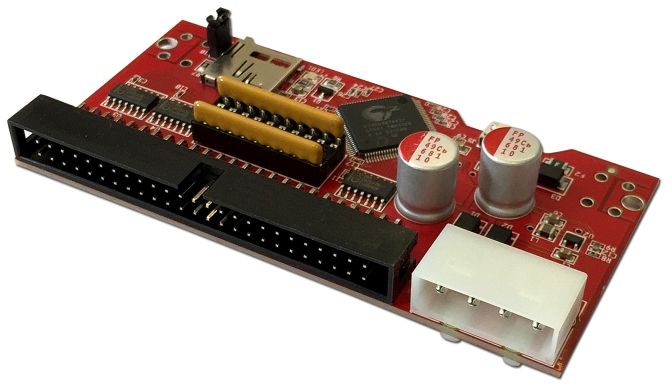
Developed by an Australian guy called Michael McMaster http://www.codesrc.com
Here are some images of the controller fitted in a Slimline PC-186:
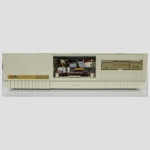
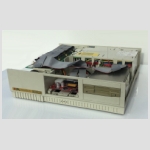
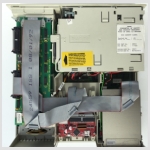
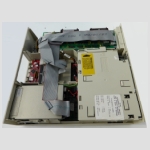
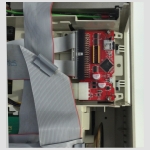
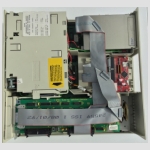
The Version 5 unit allows upto 4 devices.
Unfortunately the way in which the device adds drives, it does so on a per SCSI ID.
The Nimbus has it hard coded that the 2nd external drive must be LUN 1, not LUN 0, which is how SCSI2SD addresses them.
This renders the 2nd external drive (E:) unusable, you do however get C: D: & F:
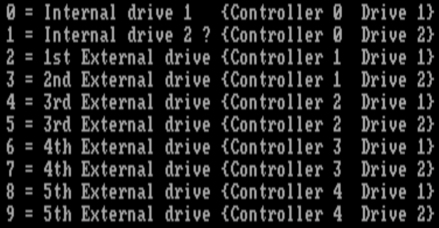
Using the maximum native sized drive available, the Conner CP3040 you get 40Mb per drive.
Booting from drive C: works perfectly
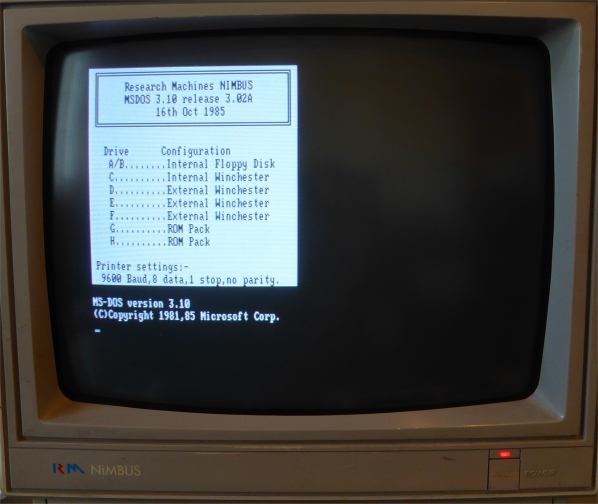
The process of establishing a new drive (real or SCSI2SD) is as follows:
I used a 2gb microsd from SanDisk, configured in the following way:
The Firmware used was 4.6 and the configuration file can be downloaded from here
Run 'config' and indicate how many internal & external winchesters the Nimbus has
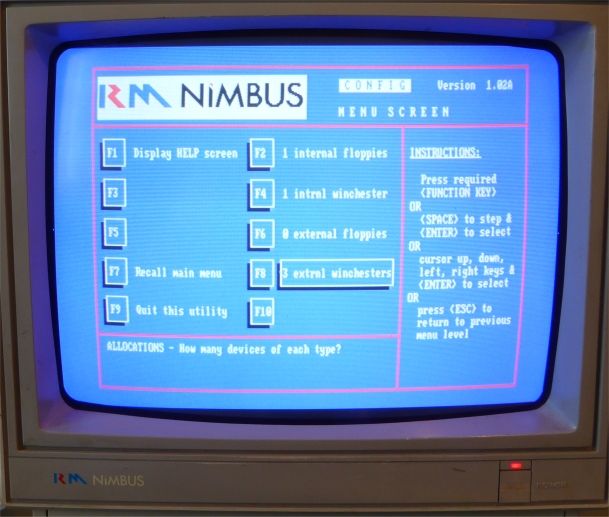
The hard disk then needs to be prepared
There are limitations on the SCSI drives that can be used, refer to the list at the top of this page.
This is due to the proprietary way in which the drive is prepared, using the RM Software, HDFORM.
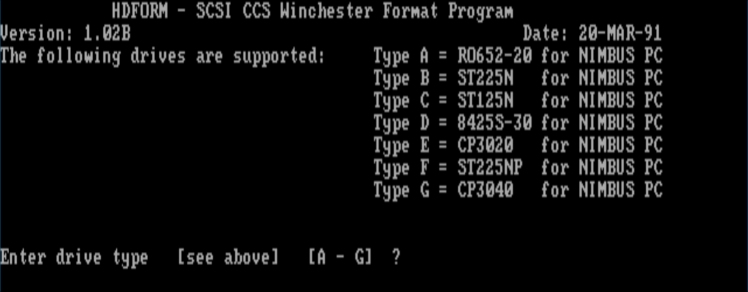
Select the appropriate controller and drive
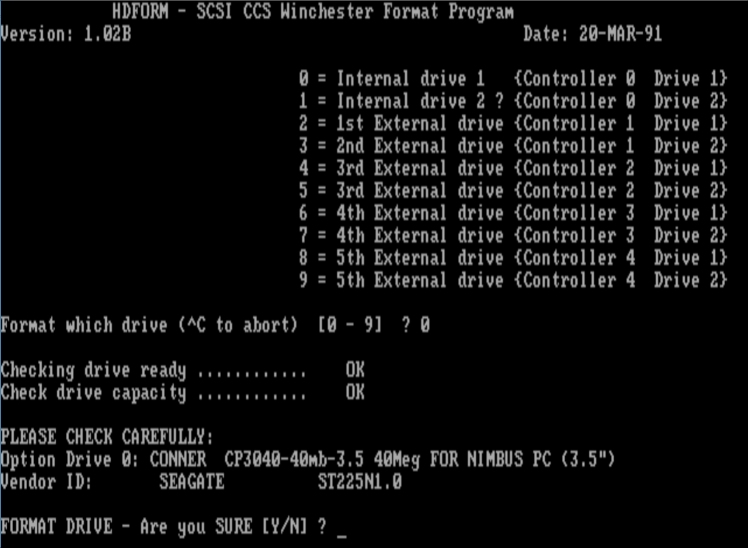
...after a countdown timer of 5 minutes (presumably to give you time to abort should you think better of wiping the drive) the hard disk should then start formatting (not to be confused with a DOS format)
Next step is to run 'stamp', which prepares the partition.

After a reboot the drive is then required to be DOS formatted in the normal way (if its the boot drive, format c: /s).
A video of the process is as follows:
 |
Main Menu |
